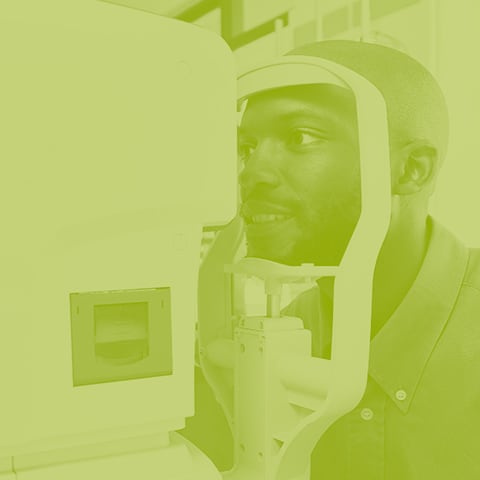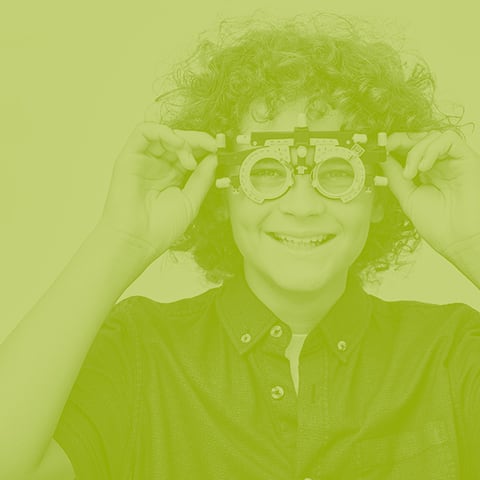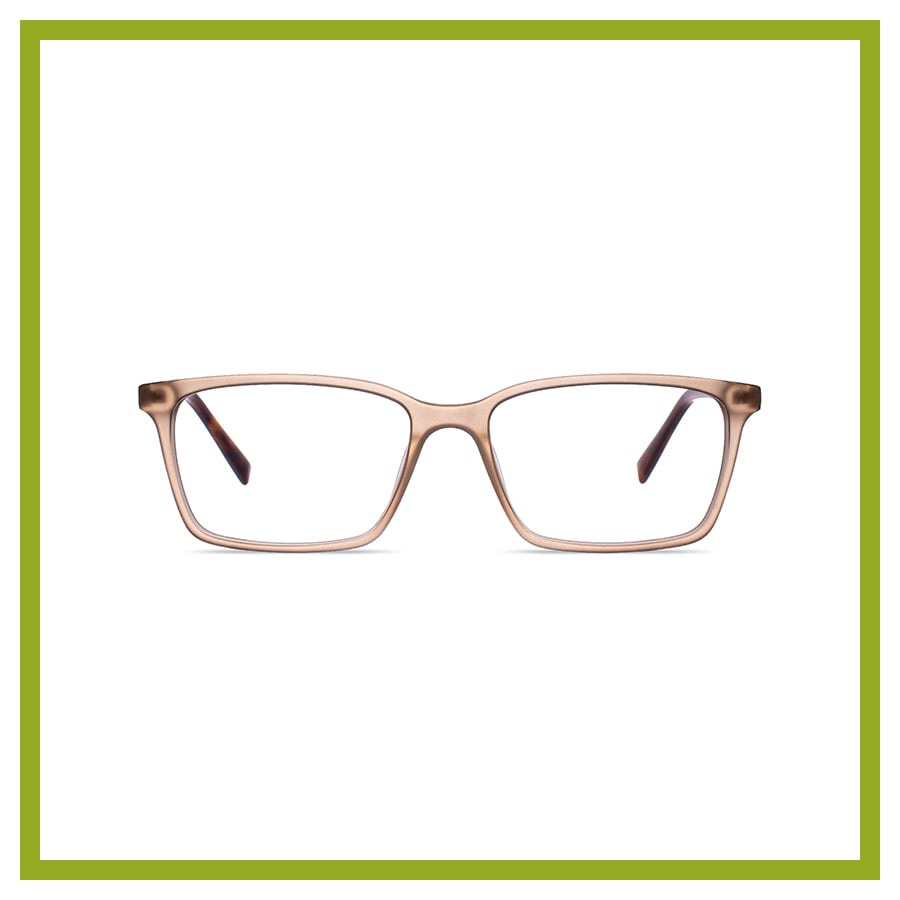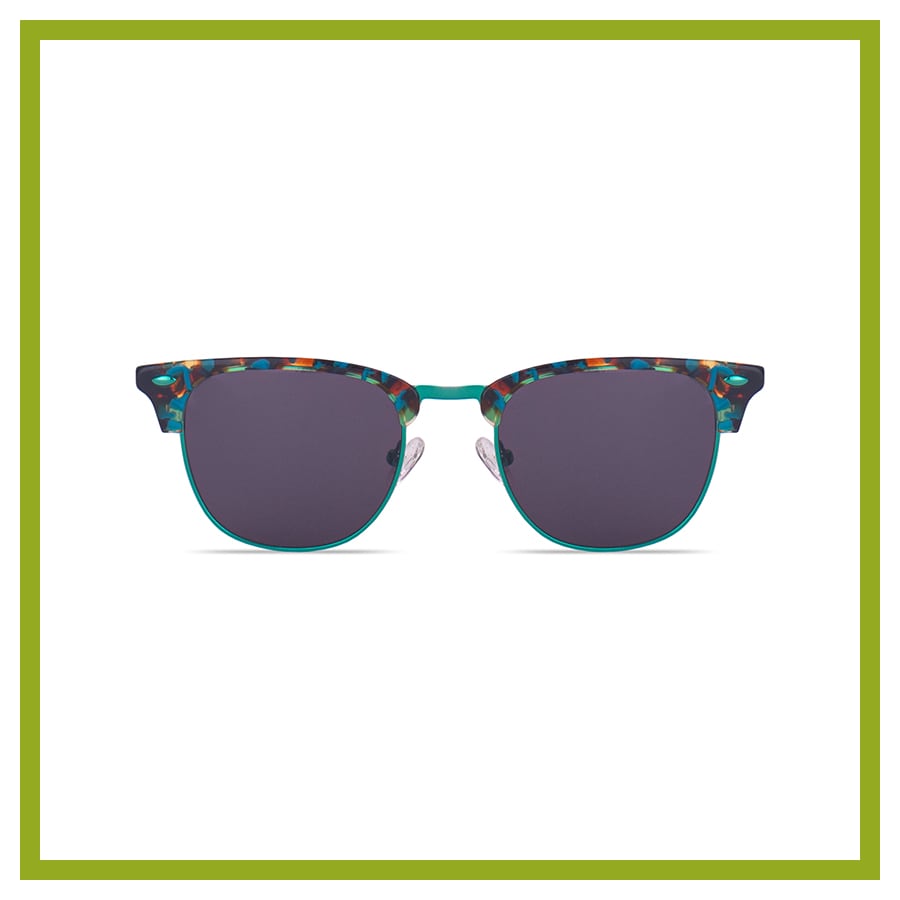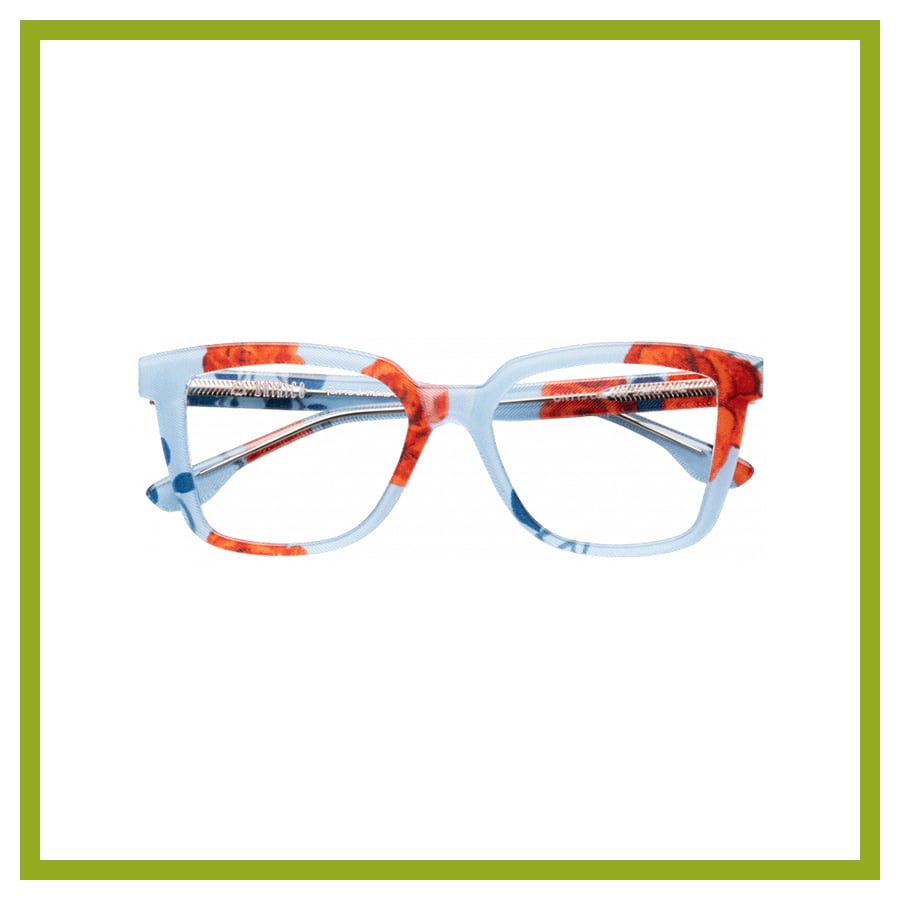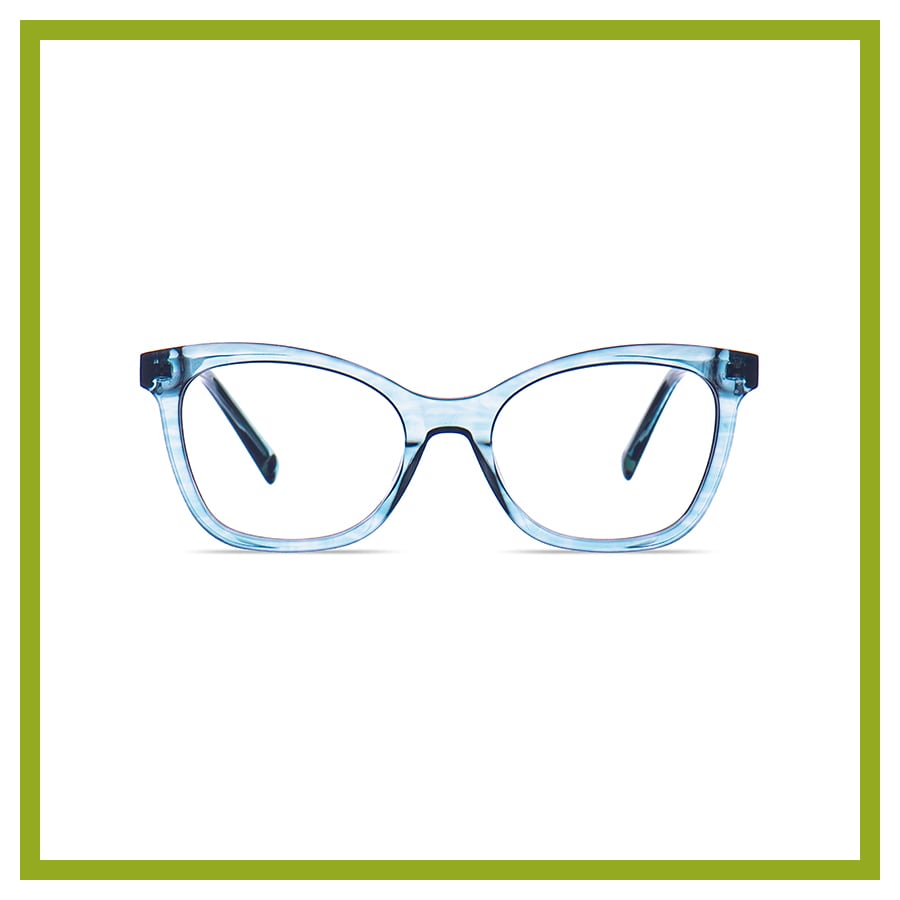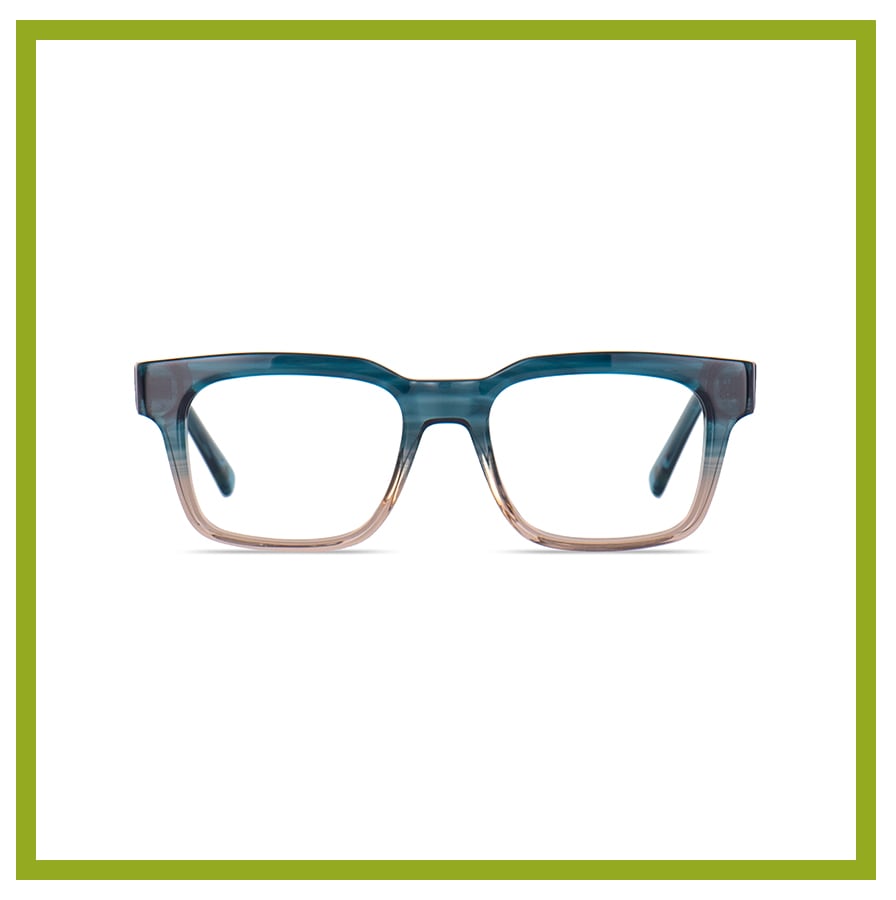Putting Our Patients First
When you visit us at Carolina Eye On Merrimon, you can expect a personalized, educational experience. Our team of eye care professionals is dedicated to your eye health and to the Asheville community.
Dr. Brooks, O.D., and the rest of the team implement innovative technology through our eye care services, including comprehensive eye exams and dry eye therapy, and nutraceuticals (eye nutrition). Our focus is on your eyes and vision, so helping you find the right frames and lenses is important to us.
We take pride in helping the Asheville community achieve their vision goals and look forward to welcoming you to our clinic!
Request an AppointmentHelping You Overcome Dry Eyes
Dry eye is becoming more common, and screen time could be the main culprit. Whether you spend long hours in front of your computer for work or entertainment, it is important to protect your eyes.
We take the time to get to the bottom of your dry eye symptoms and prepare personalized treatment plans that include IPL therapy and BlephEx to help you find relief.
Visit Our Location
Asheville
Find us on Merrimon Ave., right next to Walgreens and across the street from Ace Hardware North Asheville.
- 828-236-0099
- 828-236-1236
- [email protected]
- 825-B Merrimon Ave.
- Asheville, NC 28804
Hours
- Monday: 9:00 AM – 5:00 PM
- Tuesday: 9:00 AM – 5:00 PM
- Wednesday: 9:00 AM – 5:00 PM
- Thursday: 9:00 AM – 5:00 PM
- Friday: 9:00 AM – 5:00 PM
- Saturday: By Appointment
- Sunday: Closed
Our Brands


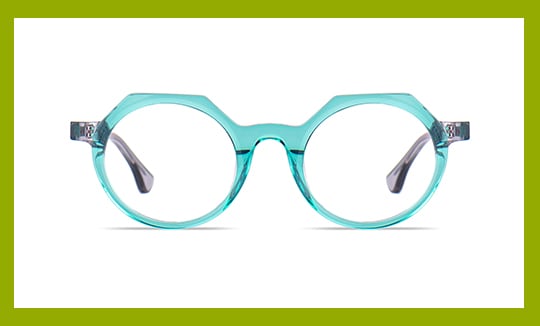
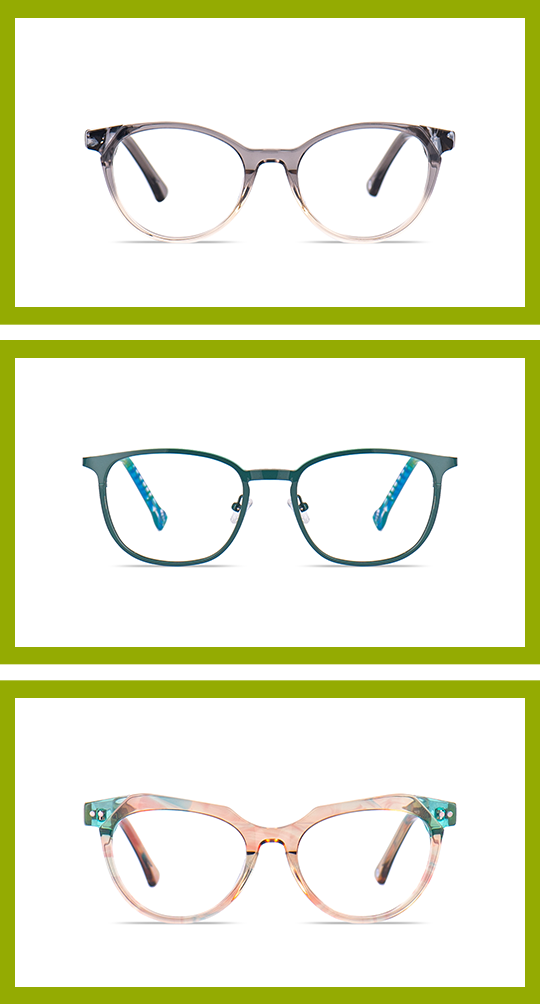
Our Google Reviews
Our Blogs
OptiLight by Lumenis
Eye CareAre You Struggling with Dry Eyes? You rely on your vision every day, but irritating dry eye symptoms can get in the way of living life to its fullest. Not only are dry eyes uncomfortable, but they can also impact your job performance, make daily tasks increasingly difficult, and so much more. Our optometry team […]
OptiLight by Lumenis
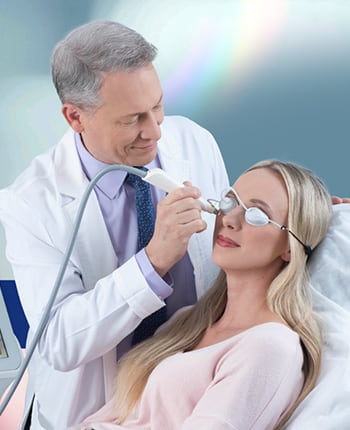
Are You Struggling with Dry Eyes? You rely on your vision every day, but irritating dry eye symptoms can get in the way of living life to its fullest. Not only are dry eyes uncomfortable, but they can also impact your job performance, make daily tasks increasingly difficult, and so much more. Our optometry team […]



